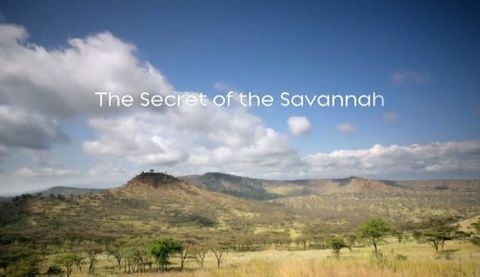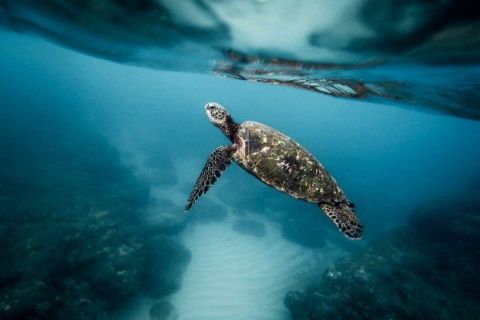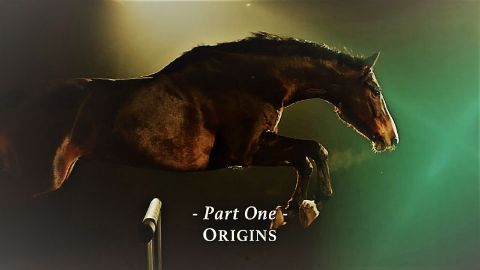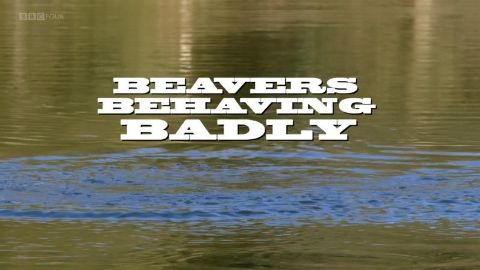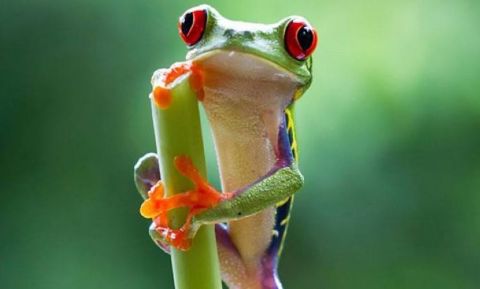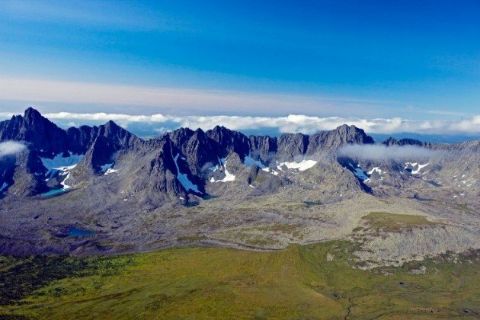The Secret of the Savannah • 2012 • episode "S1E2" • Secrets of Our Living Planet
In this episode, Chris reveals how the world's most spectacular grasslands flourish, despite being short of one essential nutrient - nitrogen. As it turns out, the secret lies with the animals. There are the white rhinos of Kenya that create nitrogen hotspots by trimming and fertilising the grass. They are drawn to these particular points by communal toilets or 'fecal facebooks', where they meet and greet each other. In the whistling acacia grasslands of Kenya, Chris reveals the amazing relationships between termites, geckos, ants, monkeys and giraffes that make these places so rich in wildlife
Make a donation
Buy a brother a hot coffee? Or a cold beer?
Hope you're finding these documentaries fascinating and eye-opening. It's just me, working hard behind the scenes to bring you this enriching content.
Running and maintaining a website like this takes time and resources. That's why I'm reaching out to you. If you appreciate what I do and would like to support my efforts, would you consider "buying me a coffee"?
Donation addresses
BTC: bc1q8ldskxh4x9qnddhcrgcun8rtvddeldm2a07r2v
ETH: 0x5CCAAA1afc5c5D814129d99277dDb5A979672116
With your donation through , you can show your appreciation and help me keep this project going. Every contribution, no matter how small, makes a significant impact. It goes directly towards covering server costs.



